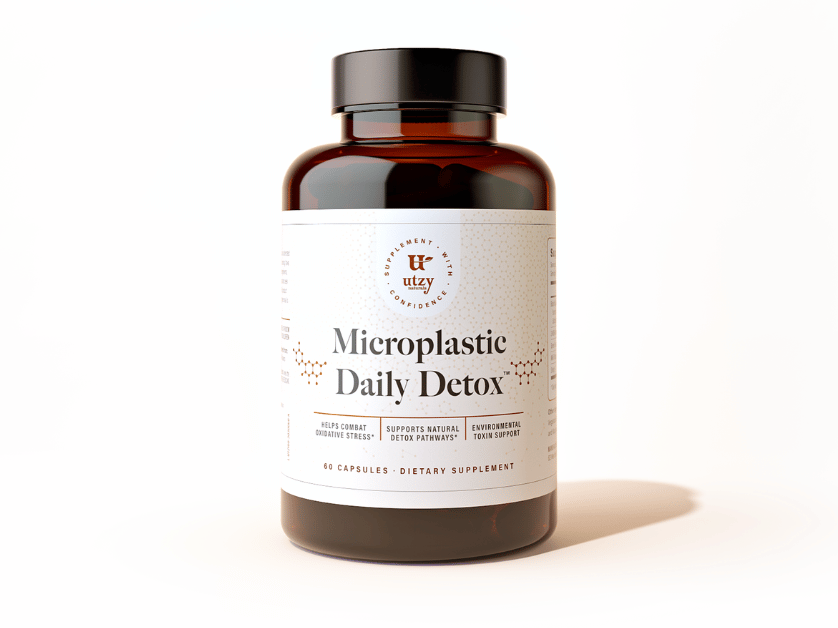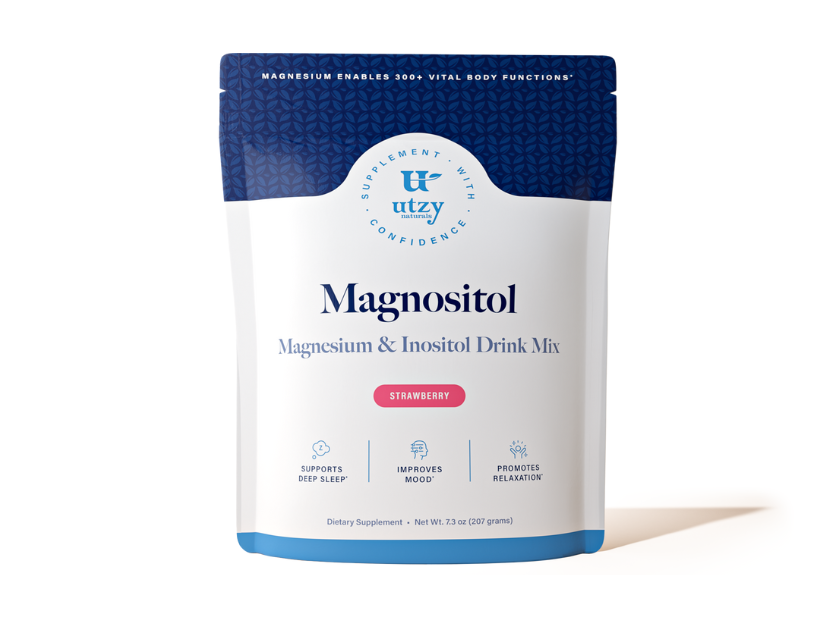shop
learn

5 Easy Tips to Improve Indoor Air Quality
July 01, 2021 4 min read
Air quality has a direct effect on our well-being. Bad air quality can cause you to develop lung problems, become ill-tempered, and even rile up your allergies. On the other hand, good air quality can cause you to be happier and, overall, healthier.
Many people take this knowledge with a grain of salt, only thinking about outside air quality. But we need to start thinking about our indoor air quality, especially since we spend so much time inside our homes.
So how about five easy tips for those wanting to improve their air quality.

1. Clean Your AC Filters
Our home's air conditioning systems work incredibly hard to provide us with a relaxing temperature. The least a homeowner could do is make sure the AC has its filters cleaned every so often.
A dirty AC filter can lead to a multitude of problems and can contribute to allergy issues. Cleaning the filter will save you from developing health problems associated with dirty air AND will save you from spending a lot of money to fix your AC once it breaks down from not having its filter cleaned.
In other words, cleaning your AC filters is the first step in improving indoor air quality.
2. Control Your Home's Humidity
Everyone knows about the issues with rising humidity when it comes to outside air, but few know the effects of humidity indoors. As the outside air becomes heavier and damper, so does the air indoors. This rise of wet indoor air can cultivate the growth of mold, which harshly impacts your lungs.
So how do you go about decreasing the amount of humidity indoors? Simple, really. There are these devices called "dehumidifiers" that aid in decreasing indoor humidity. Dehumidifiers come in a few different forms.
You can either install many small dehumidifiers around your home or install a whole-home dehumidifier in your HVAC system. Either option works incredibly well, though many people prefer the whole-home dehumidifier because you do not have to constantly empty out the device.
Advocates for the smaller, yet more numerous, dehumidifiers that you place around your house claim that this method saves money and installation costs.
At the end of the day, it is all about your personal preference and budget. But either way is recommended for periods of high humidity such as the summer season.
3. Improve Your Kitchen's Ventilation
Many people spend the bulk of their time in their kitchens, either eating meals, having a good conversation, or waiting for the toast to pop out of the toaster. So it is best to make sure the air quality stays in tiptop shape in your kitchen.
While cooking with either a gas or electric stove, pollutants are wafted into the air. Though these particles are not dangerous in moderation, they can end up causing health problems over extended periods of contact, such as with mold. Thankfully, there are many steps to take to maintain the perfect air quality in your kitchen:
- Crack open a window: This gives all those nasty polluting particles a way to escape the kitchen and allows the beautiful summer air to waft into your home.
- Purchase an air purifier: Air purifiers work similarly to the way dehumidifiers work; they essentially sanitize the air and get rid of toxins, allergens, etc.
- Make sure to use your hood fan: Do not forget about clicking on that fan above the stove. Not only does it stop smoke, grease, and steam from being inhaled but it even removes excess heat while you cook. You do not have to sweat all over the place AND you get clean air; sounds like a win-win to me.
Following these three steps, including cleaning up well after cooking a meal, will ensure you don't develop any long-term health problems associated with bad air quality in your kitchen.
4. Clean Your Rugs and Carpets
Our dirty feet are constantly stepping on indoor carpets and rugs, making these household items potential carriers for a number of unhealthy pollutants. Similar to cleaning your AC filters, always take some time out of your week to scrub and deep clean both your rugs and carpets.
Cleaning your rugs and carpets is an incredibly quick chore, made even quicker by a number of cleaning tools offered by different companies. But if this quick cleaning chore is neglected for months and months on end, indoor air quality begins to quickly diminish.
So always save clear your schedule once a week, like an hour or two on a Friday or the weekend, to maintain the cleanliness of your carpets.
5. Buy Some Indoor Plants
You may have already pointed your entire indoor aesthetic toward the more plant look, but in case you haven't, decorating the indoors with real plants helps indoor air quality. Not only will the plants make your indoor area look more organized and clean but the air quality itself will reflect that cleanliness.
Plants like lilies and ferns are popular options for those looking for a natural way of cleansing their indoor air.
Photosynthesis is the process in which plants clean the air. Pollutants, along with carbon dioxide, are sucked into the plant's leaves through this process; the plant then exchanges these carbon and pollutant particles for oxygen, making the air around the plant cleaner and more oxygenated.
Nature is a magician, so let it work its never-failing magic indoors. Here are some more DIY humidifier solutions for your house.
Cleaner Air Equals a Happier & Healthier Life
If you want cleaner air in your home, it will take work, perseverance, and near-constant care. But even if it takes a lot of time, it is worth every second. After taking care of your indoor area, you will begin to feel happier and healthier. Your lungs won't feel so heavy and your allergies won't have a tendency to make you sneeze like a roaring train.
So why not take the first step toward improving your indoor air quality by following one of the five steps listed above?
Leave a comment
Comments will be approved before showing up.
Also in Health
Subscribe
Sign up to get the latest on sales, new releases and more …
Join the Utzy Naturals Club!
Sign up and get the latest on sales, new releases, and more...





